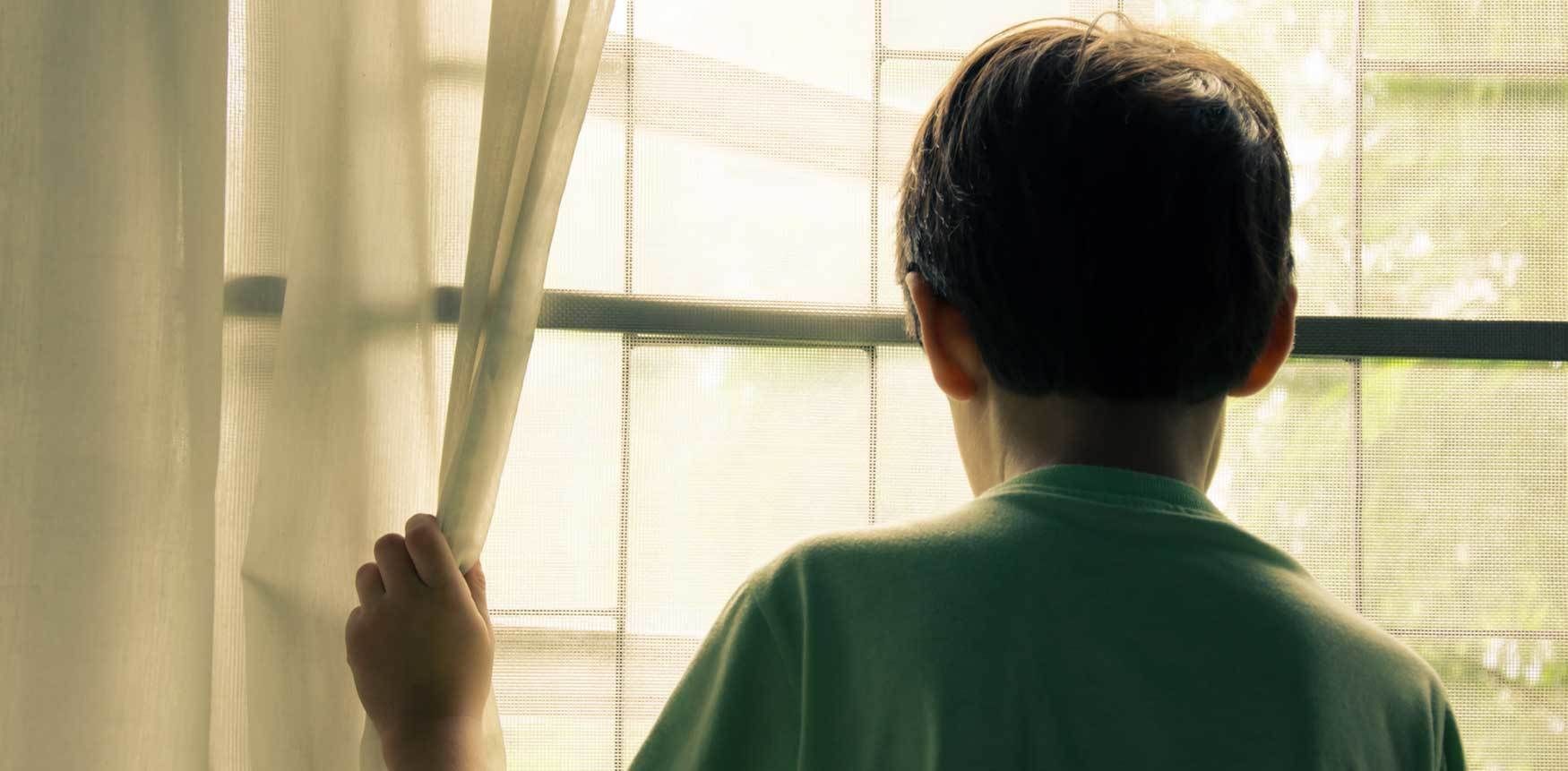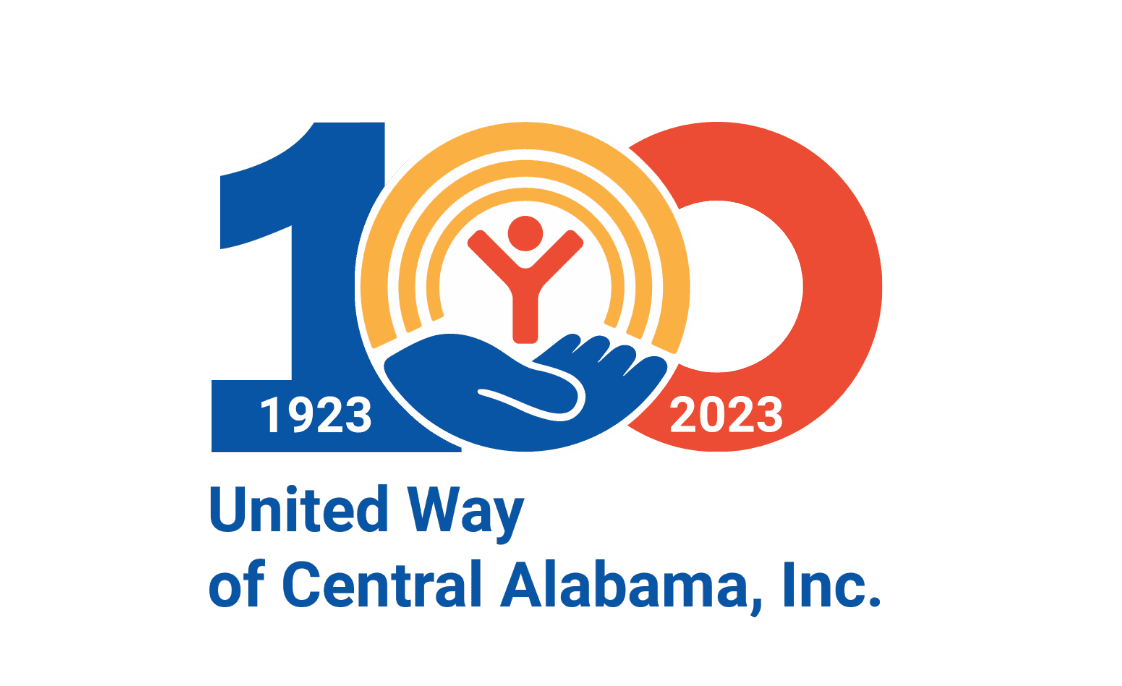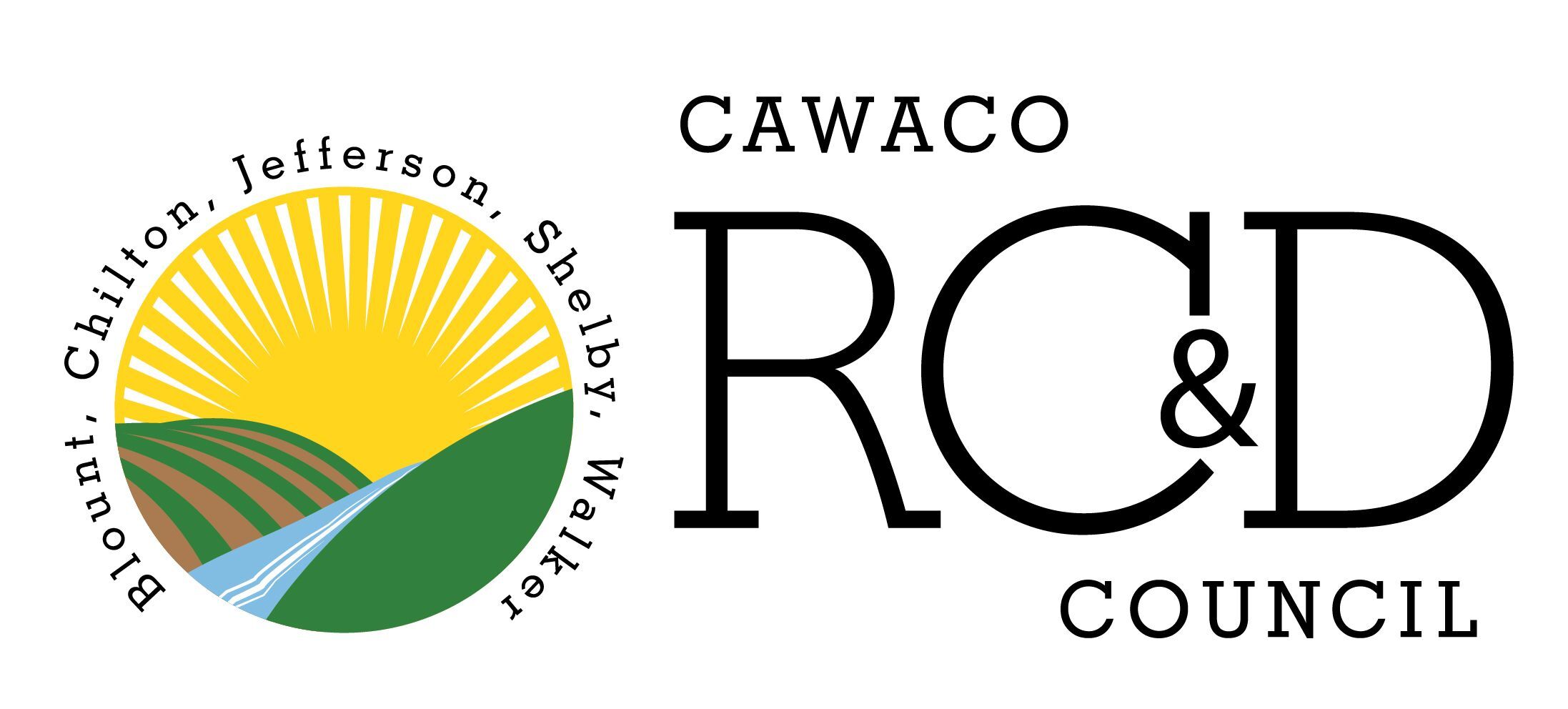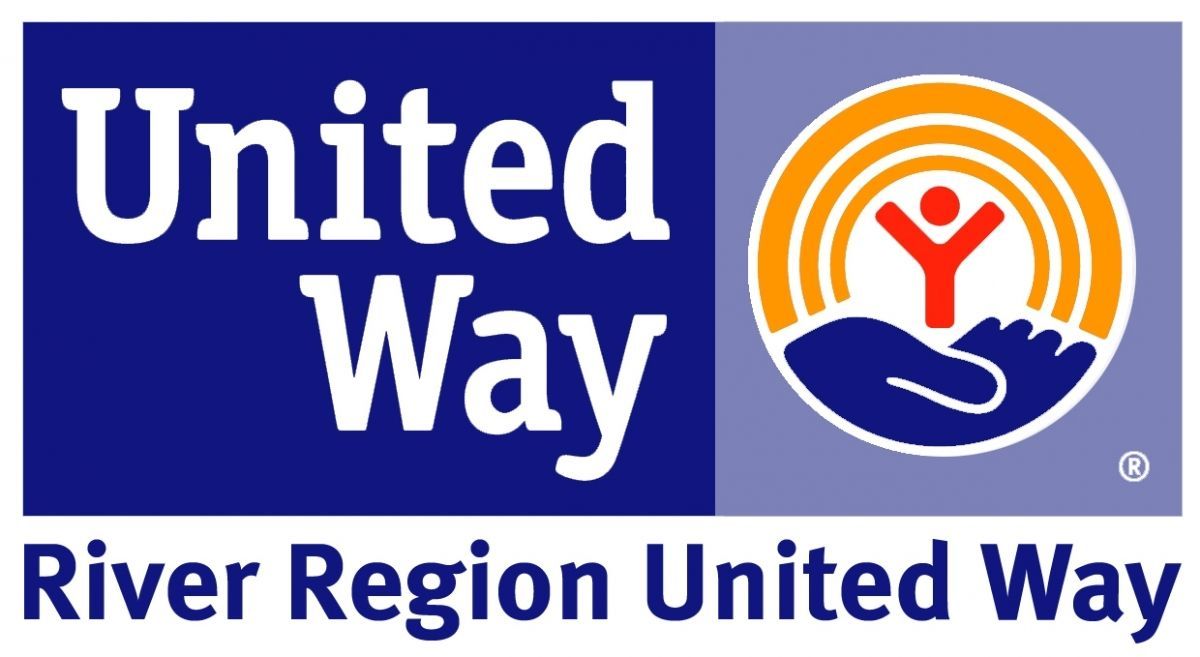Keeping Your Child Safe
How to Keep My Child Safe
- Participate in your child’s activities.
- Get to know your child’s friends.
- Teach your child the difference between good touches and “confusing” touches.
- Be aware of changes in your child’s behavior or attitude.
- Ask them questions about how they’re feeling.
- Listen when your child says he/she does not want to be with someone and find out why.
- Be alert for any talk that reveals premature sexual understanding or knowledge.
- Tell your child what to do if he/she becomes separated from you when you’re out.
- Pay attention when someone shows greater than normal interest in your child.
- Make certain your child’s school will release him/her to only you or someone you designate.
- Teach your child the correct names of all their body parts.
- Never discipline your child when your anger is out of control.
Home Alone
Every parent eventually faces the decision to leave their child home alone for the first time. Parents need to make sure their child has the skills and maturity to safely handle the situation.
Evaluation of child’s maturity:
- Is your child physically and mentally able to care for him/herself?
- Does your child feel comfortable or fearful about being home alone?
- Does your child obey rules and make good decisions?
Circumstances
When and how a child is left home alone can make a difference to his or her safety.
Consider the following questions:
- How long will your child be left home alone at one time?
- Will it be during the morning, afternoon or evening? Will the child need to fix a meal?
- How often will the child be expected to care of him/herself?
- How many children are being left home alone? (Children who may be ready to stay home alone may not be ready to care for younger siblings).
- Is your home and neighborhood safe and free of hazards?
Safety Skills
Your child needs to know what to do and whom to contact in an emergency situation. You may want to consider enrolling your child in a safety course.
Consider the following questions:
- Does your family have a safety plan for emergencies?
- Does your child know his or her full name, address and phone number?
- Does your child know where you are and how to contact you at all times?
- Does your child know the full names and contact information of other trusted adults, in case of emergency?
Parent Tips
The following suggestions may help you prepare your child and to feel more comfortable about leaving your child alone.
- Have a trial period -- Leave the child home alone for a short time while staying close to home.
- Role play -- Act out possible situations to help your child learn what to do.
- Establish rules -- Make sure your child knows what is and what is not allowed when you are not home.
- Check in -- Call your child while you are away to see how it’s going, or have a trusted neighbor or friend check in.
- Talk about it -- Encourage your child to share feelings with you about staying home alone.
Don’t overdo it. Even a mature, responsible child shouldn’t be home alone too much. Consider other options, such as school programs, community centers or churches.
Cyber Citizenship
Growing Great Cyber CitizensToday's children and adolescents are the first generation to grow up with technology completely integrated into their daily lives. Noted educational consultant and thought leader Marc Prensky calls these children "digital natives." In contrast to their parents, they have spent their entire lives surrounded by and using computers, video games, mobile phones, digital music players, digital cameras and all the other tools of the digital age. Their parents, in contrast, are "digital immigrants." They may be technologically savvy, but they still process the world differently that their digital native children.
Encouraging responsible technology use is an essential part of protecting children from online threats. Because it would be impossible for parents to keep up with every new technology platform with which children interact, it is imperative that parents have open dialogs with their children about responsible use of technology and online reputation management. Parents should be concerned not with limiting their children's use of technology or completely removing potential dangers but rather with teaching their children how to behave responsibly and safely in an interconnected world.
Resources for further information to help you protect your children:
- NetSmartz from National Center for Missing and Exploited Children
- NetSmartz Ask an Expert
- Common Sense Media
- Third Parent Social Media Resources
- Family Online Safety Institute
- Safe Smart Social
- Social Media Safety Tips
- Cyber Tip Line
- Teen crisis support line: Text SUPPORT to 741-741
Parent child conversation starters:
- When you post something online, have you ever wanted to take it back?
- What are some ways that you can use social media for good?
- What would you like our online relationship to look like?
- Tell me about your online friends. Are there any you haven't met in person?
- Are there certain topics about which you would like to know more that you are uncomfortable talking to me about?
- What are your favorite mobile apps? Can you show me how to use them to communicate?
- Do you know how to flag/report inappropriate content in ALL your favorite apps, sites and games?
- Are your profiles set to private? Why or why not?
- What personal information do you share online?
- Have you ever been asked to share an inappropriate picture of yourself or someone else?
- Do you know what to do if someone send or asks for an inappropriate picture?
- If anything happens online that makes you uncomfortable, who could you talk to about that?
- Have you even been bullied or witnessed someone else being bullied? What did you do?
- Have you ever been the bully? Have you ever posted something that you wouldn’t have said to someone face to face?
- What kind of reputation are you building online?
- Do you know the laws associated with online activity?
- Do you know anonymous apps aren’t entirely anonymous?
- Do you know that counselors and future employers are going to be checking your profile?


































